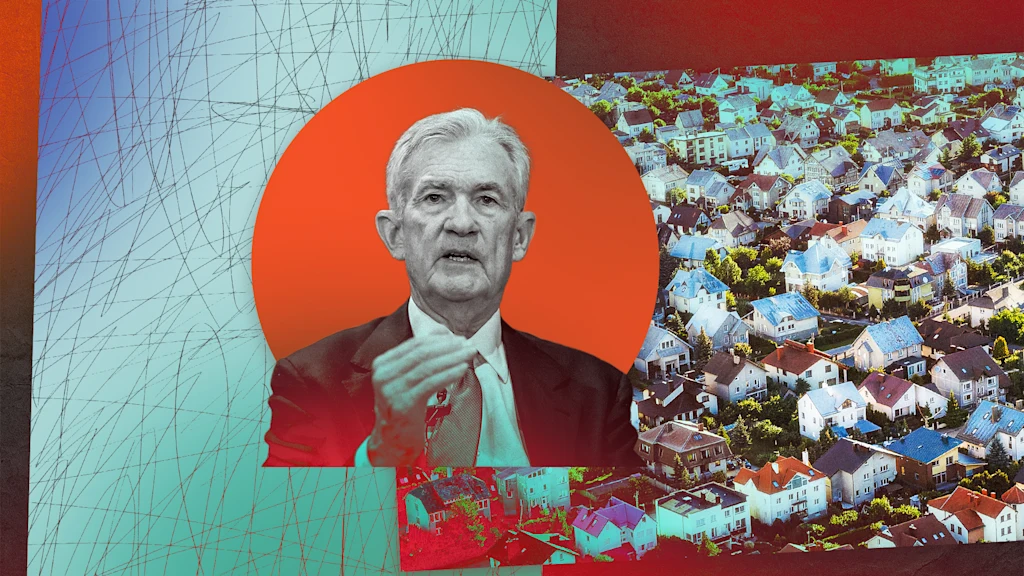
""Regarding the composition of our purchases, some have questioned the inclusion of agency MBS purchases given the strong housing market during the pandemic recovery," Powell said. "The extent to which these MBS purchases disproportionately affected housing market conditions during this period is challenging to determine. Many factors affect the mortgage market, and many factors beyond the mortgage market affect supply and demand in the broader housing market.""
""From 2020 through 2021, the Fed was purchasing hundreds of billions of dollars' worth of Treasuries and MBS. Those actions-part of its quantitative easing (QE) program-were designed, in theory, to lower long-term borrowing costs and support financial stability at a time when the policy short-term rate was also pinned near 0%. When the Fed buys long-term bonds like Treasuries or MBS, it creates extra demand for those securities. When bond prices rise-say for MBS-then the yields-or mortgage rates for MBS-fall. They move inversely.""
The Federal Reserve acknowledged that pandemic-era purchases of agency mortgage-backed securities may have continued longer than optimal while noting uncertainty about those purchases' proportional impact on housing conditions. Many factors influence the mortgage market and broader housing supply and demand, complicating causal attribution. From 2020 through 2021 the central bank purchased hundreds of billions of dollars of Treasuries and MBS as part of quantitative easing to lower long-term borrowing costs and support financial stability while short-term policy rates remained near zero. Those purchases raised demand for long-term securities, lowering yields and reducing mortgage rates; critics say they amplified an already hot housing market.
Read at Fast Company
Unable to calculate read time
Collection
[
|
...
]